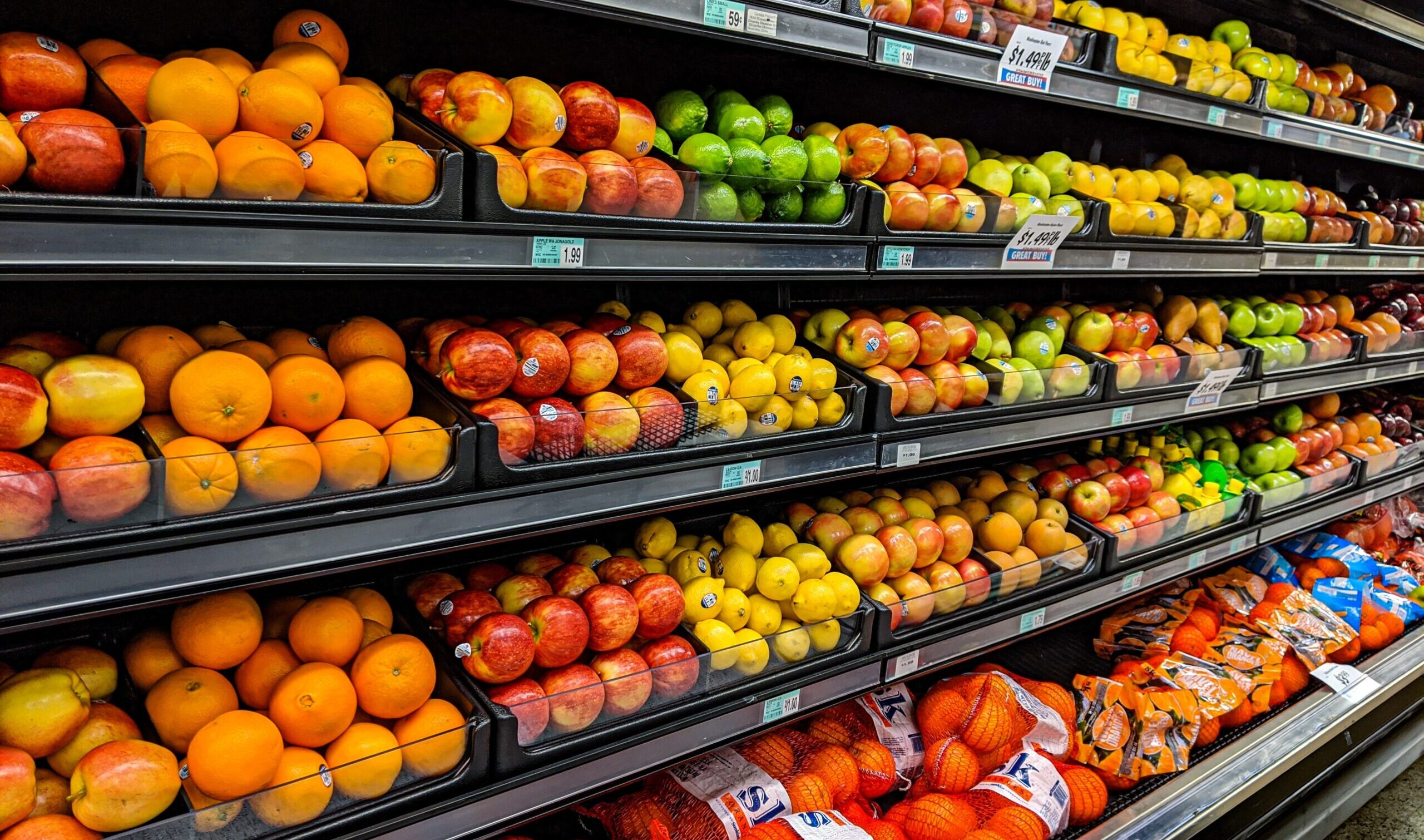Budgeting for food is a crucial aspect of personal finance management as food expenses often constitute a significant portion of a household’s monthly expenses. However, with the rising cost of food and grocery items, it can be challenging to keep food costs within your budget. In this article, we will explore some tips for budgeting for food effectively and reducing your grocery bills without sacrificing quality or variety.
- Make a grocery list and stick to it: Before heading to the grocery store, make a list of the items you need to buy, and stick to it. Impulse purchases can significantly increase your grocery bill, so it’s essential to limit your shopping to the items you have planned to buy.
- Plan your meals in advance: Planning your meals in advance can help you avoid wasting food and reduce your grocery bill. You can plan your meals based on the items that are on sale that week and create a grocery list accordingly. This will help you save money by taking advantage of promotions and discounts.
- Shop at discount stores or buy in bulk: Shopping at discount stores, such as discount supermarkets or bulk stores, can help you save money on food and grocery items. Buying in bulk can also be a great way to save money, as long as you only purchase items that you know you will use before they expire.
- Cook at home: Cooking at home is one of the most effective ways to reduce your food expenses. Home-cooked meals are generally healthier and cheaper than eating out, and you have more control over the ingredients and portion sizes.
- Use coupons and promo codes: Coupons and promo codes can help you save money on food and grocery items. You can find them in your local newspaper, in-store, or online. Be sure to check expiration dates and restrictions before using them.
- Reduce food waste: Reducing food waste can help you save money on food expenses. Be mindful of the expiration dates on the food items you purchase and make an effort to use them before they go bad. You can also freeze leftovers for later use, rather than letting them go to waste.
In conclusion, budgeting for food is essential for anyone who wants to keep their food expenses under control and avoid financial strain. By making a grocery list and sticking to it, planning your meals in advance, shopping at discount stores or buying in bulk, cooking at home, using coupons and promo codes, and reducing food waste, you can budget for food effectively and keep your grocery bills under control.
